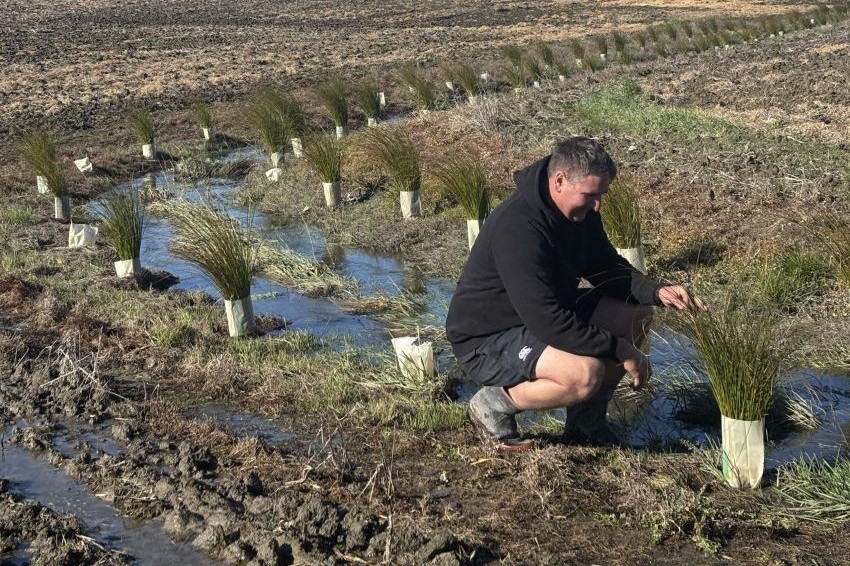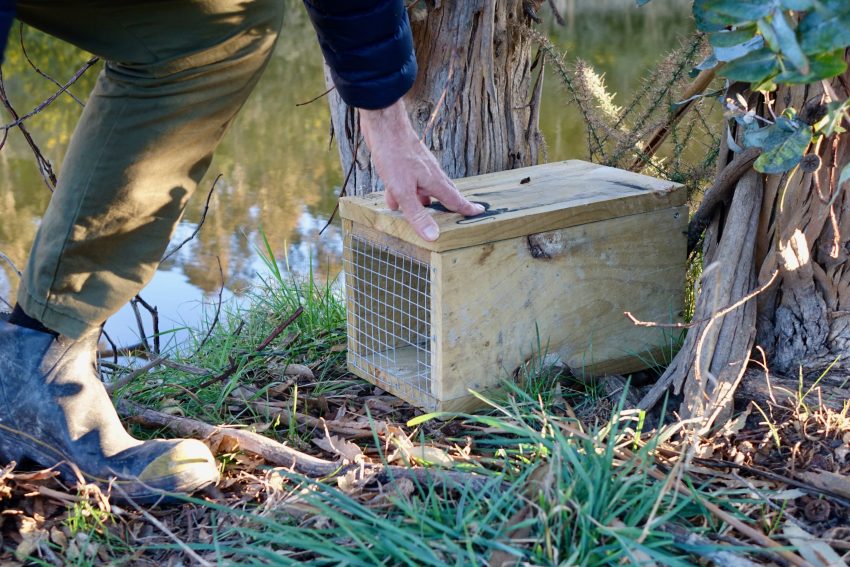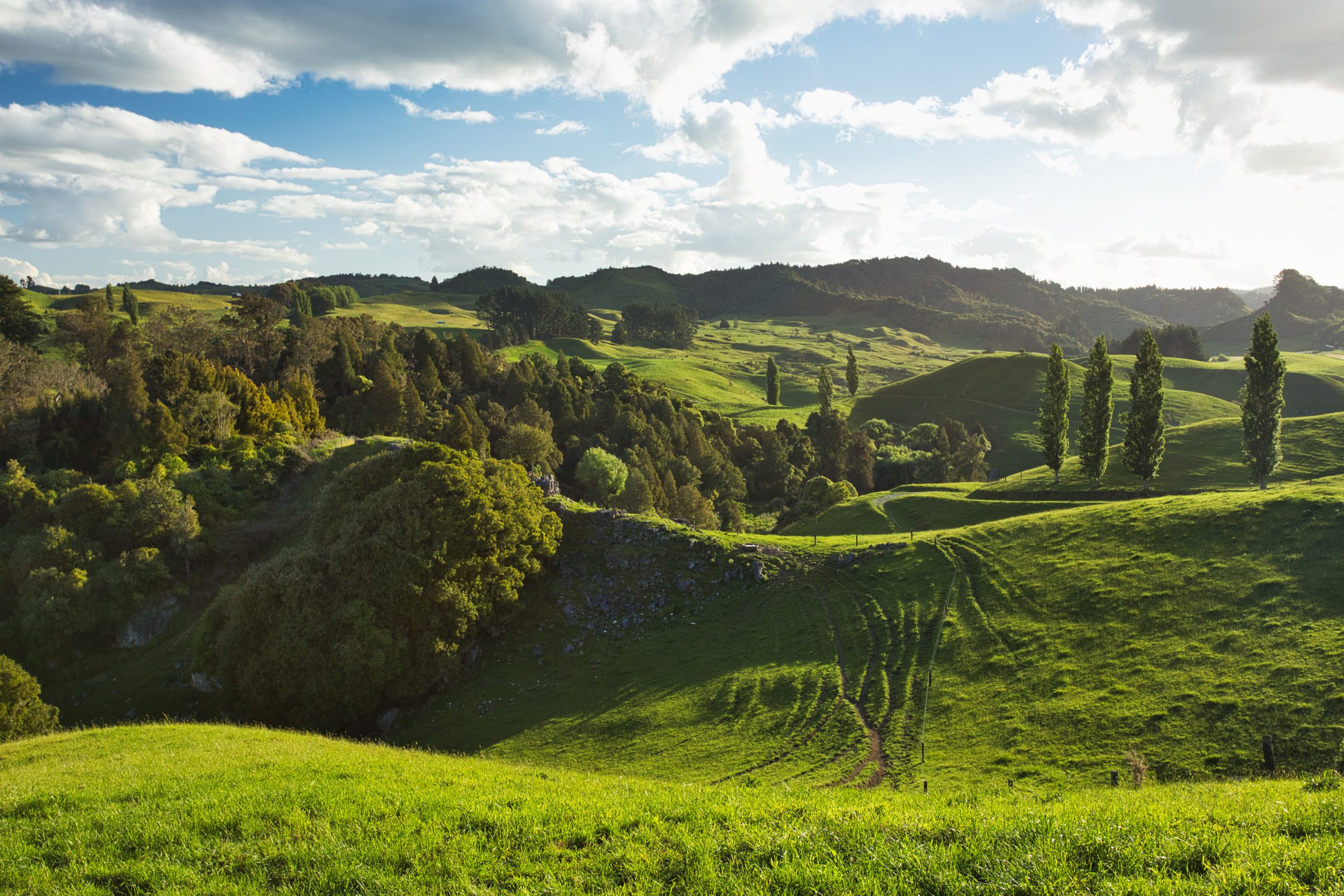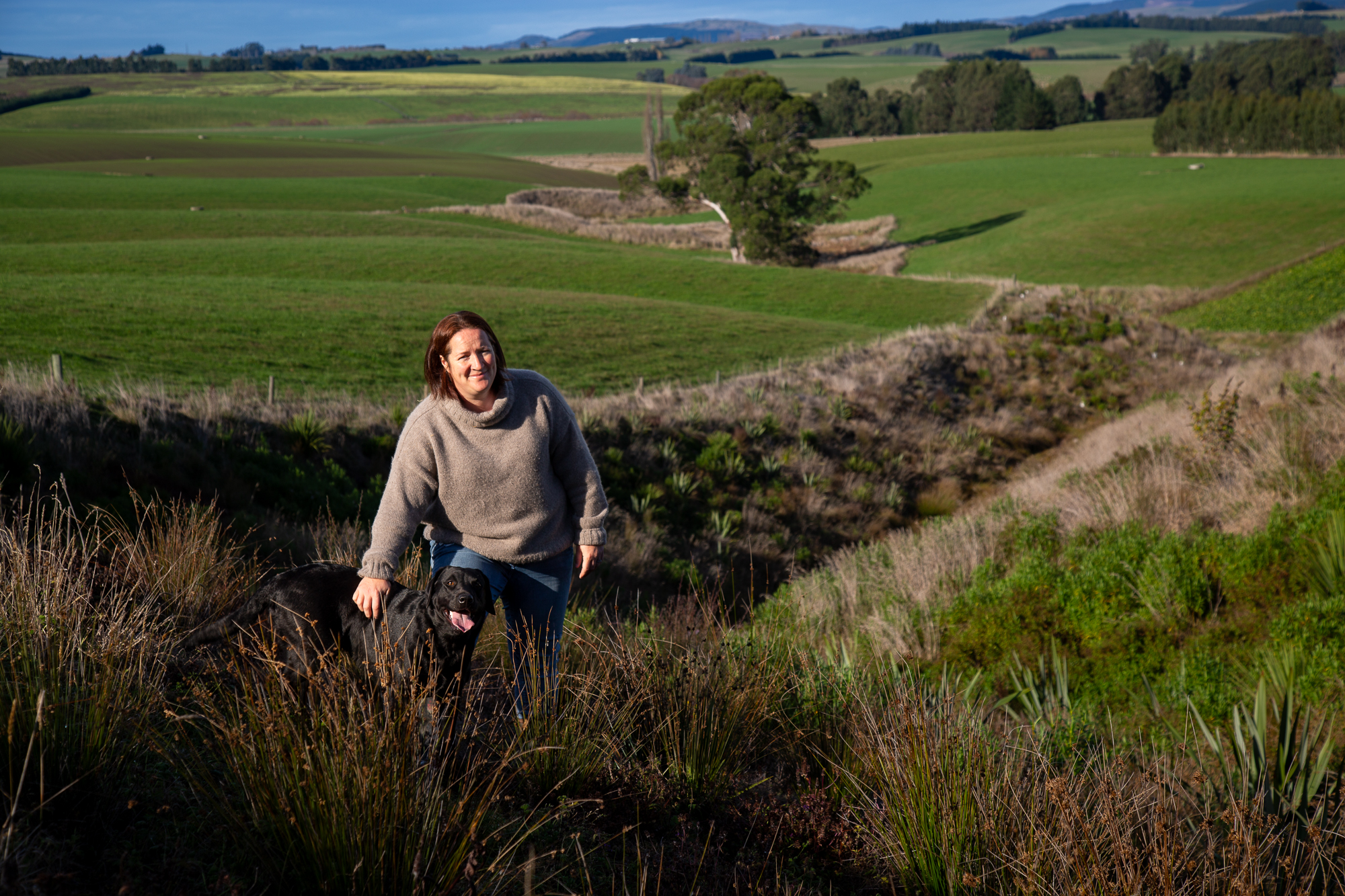A case to reject emissions pricing
In the long-running case of sheep and beef farmers versus the climate minister James Shaw, the verdict should be a resounding “not guilty” for the farmers. By Steven Cranston.

The crime of warming the atmosphere is a serious offence and the penalty if found guilty is equally serious; a tax on livestock emissions which could force up to 20% of farmers off their land. A guilty verdict will also have a detrimental effect on the sector’s standing within communities and with consumers.
Climate minister James Shaw has been busy gathering evidence for several years and he assumed it would be an easy win, proposing the He Waka Eke Noa (HWEN) emissions pricing scheme as a fitting punishment. The defence was absent for most of the case as the minister had negotiated a plea-deal with industry groups for leniency so long as farmers admitted their guilt. If a deal could not be reached on HWEN, the industry would be thrown into the emissions trading scheme (ETS).
If it wasn’t for the last-minute tinkering by the Government and some robust cross-examination by the likes of Groundswell and a handful of other frustrated farmers, it may have already been case closed. As it turns out, new evidence has shown the minister’s case to be flimsy with a decided lack of substance.
The primary argument to tax farm emissions is based on the accusation that livestock are warming the planet. This assertion was made using the rather rudimentary GWP100 accounting system that even the IPCC has conceded overstates the warming effect of methane globally by 400%. The political class has been busy writing climate policy using this metric of convenience which provides them with a simple way to lump all greenhouse gases together in one calculation. It works well when comparing long-lived gases but can’t accurately portray how short-lived gases such as methane affect the climate.
Doing more than their share
New Zealand’s sheep farmers are already doing more than their fair share on the emissions front, having reduced methane by a massive 44% since 1990. To put that into perspective, the IPCC states that a 10% reduction is required over that period to ensure no additional warming of the atmosphere. The reduction in sheep numbers over the last 30 years has in fact resulted in a significant cooling trend as old methane is decaying faster than new methane is being released.
While it is fair to say some of those sheep once roaming New Zealand’s hills have more recently been replaced with beef cattle, the overall trend is the same. Declining stock numbers and more than two million hectares of woody vegetation on hand mean our sheep and beef farmers are one of the few truly climate neutral industries in the country. If the sector should wear any blame, it is for their reluctance to take the stand and proudly tell the public how sustainable sheep and beef farming really is.
When it became clear to the minister that farmers could not be convicted on the grounds of destroying the climate, a new charge was laid: that of diminished market access. The minister found support on this from meat processors who explained how their premium customers were calling for emissions reductions and if immediate action was not taken, those markets could be lost. The Government attempted a more conciliatory tone, reassuring farmers that they were on our side and the proposed emissions tax was for our own good.
What overseas customers want
It is true many large global customers such as Tesco and McDonald’s are working to lower their supply chain emissions. Farm produce is considered scope 3 and typically makes up most emissions from any processed food product. But when it comes to creating a new $300 million tax on farming, details are important. Both the Government and meat processors have failed to clearly articulate what our global consumers are looking for. They do not care about emissions pricing or national reduction targets; they are only concerned about the emissions efficiency of the produce they buy. Each leg of lamb sold by Tesco has an associated carbon footprint. Their game is to procure the lamb with the lowest carbon footprint which in turn helps them lower their emissions.
Coincidently, New Zealand is one of the most emissions-efficient producers of lamb in the world, so if Tesco were serious about reducing their scope 3 emissions they would be buying more Kiwi lamb, not less. Sheep and beef farmers’ co-defendants in the dairy sector understand this. Fonterra may have blindly supported HWEN but when it came to creating its own customer-facing emissions plan, it chose to focus on emissions efficiency rather than a gross reduction. Reducing the total emissions from NZ agriculture does not necessarily lower the carbon footprint of our exports or meet the needs of our customers.
After a full evaluation of the facts, it is now abundantly clear that sheep farmers have been wrongly accused. There is no evidence they are harming the climate and their highly efficient produce is at no risk of losing market access. Justice will only be served when the minister scraps his costly and ineffective farming tax. Reparations should be offered by way of Government collaboration in promoting the sector’s excellent climate credentials internationally.
With a general election in October, the jury is still out as to what will ultimately be decided in the case. I can only hope justice is served, if not by this climate change minister then hopefully the next.
- Steven Cranston is an ag environmental consultant, dairy farmer and a spokesperson on emissions for Groundswell NZ.




